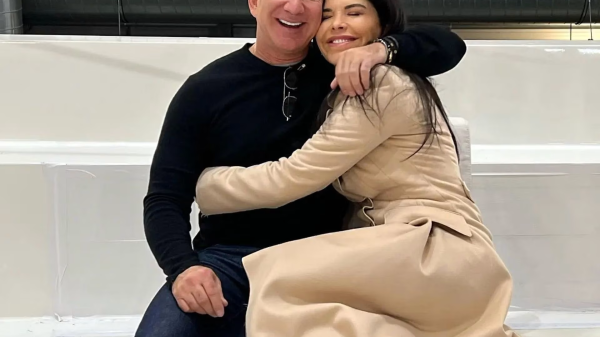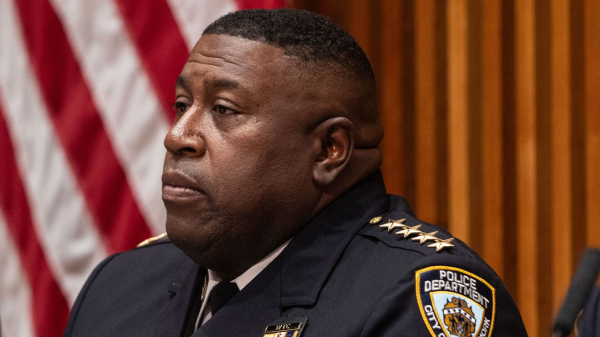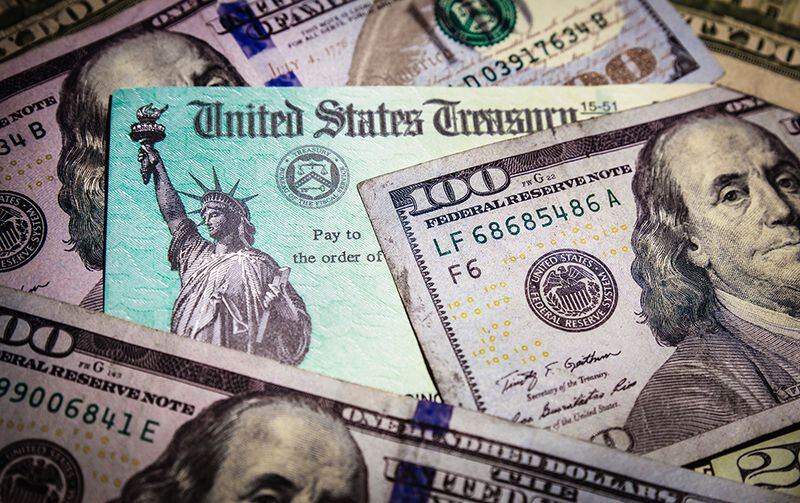In a groundbreaking move, residents of Prince George’s County, Maryland, just outside Washington DC, are set to receive $800 per month for two years through a novel government initiative called “Thrive Prince George’s.” This program, funded by a $4 million pool from private donors and the county itself, aims to provide financial support to 175 individuals, focusing on seniors and young adults who have experienced the foster care system.

Get $800 Monthly for 2 Years: No Strings Attached! Learn About Maryland’s Equity Program Helping 175 Americans Build Wealth
Unique $800/Month Initiative with ‘No Strings Attached’ Aims to Uplift Vulnerable Residents in Prince George’s County
The funds come with no strings attached, allowing recipients the flexibility to spend the money as they see fit. Specifically, 50 young adults aged 18 to 24 who have aged out of the foster care system and 125 seniors are eligible for this unique financial assistance. The application portal for this program closed on January 1.
The initiative, designed for equity, hopes to uplift vulnerable residents and set them on a path to success. The county executive expressed optimism, stating, “It is our hope that this program will lift Prince Georgians out of poverty, setting up some of our most vulnerable residents for success now, and for years to come — even after the program ends.”
Unlike traditional welfare programs, this guaranteed income program does not involve employment requirements, drug testing, or restrictions on spending. The approach aims to avoid the pitfalls associated with classic welfare systems.
READ ALSO: Colorado State Income Tax Returns Now Accepted: Get Your Refund Faster!
Assessing Success of Innovative $800/Month Program and the Growing Call for Universal Basic Income in the U.S.
The results for the people who get the funding will be used to determine the program’s success. Whether the pilot program is extended past its initial two-year period will be determined in large part by these findings.
As discussions on equity and welfare gain momentum, guaranteed income programs have become increasingly popular solutions across the United States. While Maryland’s initiative focuses on a targeted group, some advocate for a broader approach like universal basic income, a fixed monthly payment for everyone. This model, already in place in Alaska, avoids disincentivizing work and provides a safety net for all residents. With similar experiments occurring nationwide, the landscape of social welfare programs is evolving to address the diverse needs of vulnerable populations.

















































